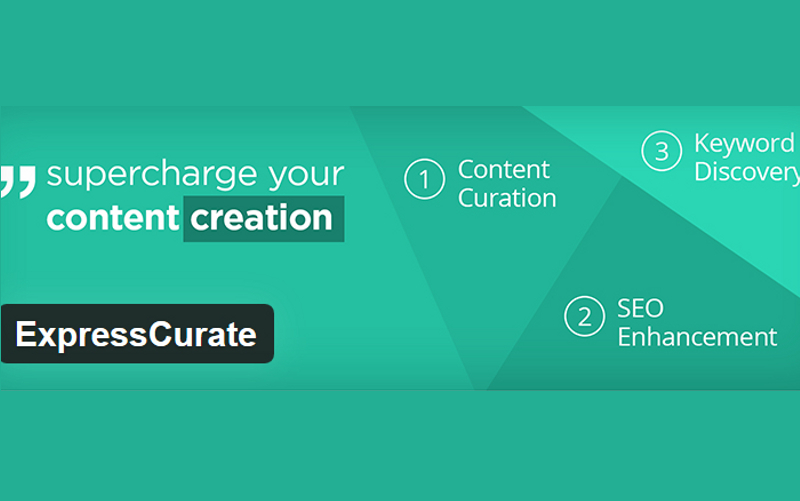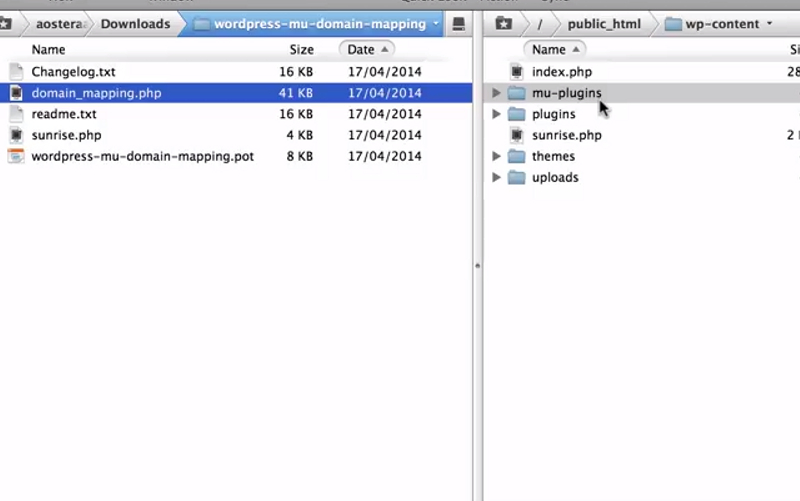Both Squarespace and WordPress have the ability to create websites that are functional and beautiful. Each one has some unique pros and cons that may make one a better choice in certain situations, but a worse choice in other situations. Here are 5 places of comparison to determine the winner in the Squarespace vs WordPress debate.
Flexibility: Advantage WordPress
WordPress is more flexible than Squarespace for one simple reason: it’s open-source and Squarespace is not. There will be over 1 billion downloads of plugins for WordPress use at the end of 2015 with more than 35,000 different plugins being used. This large community allows for website builders to have every single feature that they want in their website and many of them are allowed for free.
This flexibility does come at a price. There is no guarantee on the quality of any given plugin. There are some that are fantastic and there are many that are terrible. Sometimes the plugins are listed as being a premium tool and that brings with it another charge.
Squarespace has in-house tools that have been created for use, plus testing that makes sure the plugins work. For the website builder, however, this means that only the tools produced by the in-house team can be used, so creative options are limited.
Usability: Advantage Squarespace
Squarespace is a website builder that allows virtually anyone to begin designed their site in just seconds. Everything is placed into a simple drag-and-drop, plug-and-play format where a draft version of the website can be created in 5 minutes or less. This also allows for better custom positioning without coding or using external tools to change anything.
WordPress may offer more customization options, but a website builder needs to have some level of coding knowledge to make that happen. If coding isn’t known, then a plugin could make the necessary changes, but it takes some extra time to find the right tools to use.
Advanced users are going to enjoy the customization of WordPress. Beginners or those who are short on time are going to prefer Squarespace here.
Customer Service: Advantage Squarespace
The problem that WordPress has with customer service is that because it is an open source platform, it doesn’t monitor the 35k+ plugins and other tools that have been developed. This means someone who faces a problem with their installation generally has to go to the forums to find a thread that matches up with their problem. If one doesn’t exist, then they’ll have to create one and hope the advice they are given is accurate.
Many site builders have a WordPress contractor on staff to help with configuration issues and coding problems for this very problem.
Squarespace offers a dedicated customer support team that responds to most questions posted or sent within 60 minutes. There is also a full set of videos, articles, and a chat function that can help site builders work their way through an issue side-by-side with someone on the team.
Maintenance: Push
Both platforms have issues here. On Squarespace, all of the updates are automatically pushed to your site and those updates, though tested, are not always 100% functional. They may also change the look of the site, which is not desired. On WordPress, updates to fix bugs happen constantly and if the third-party developers don’t update plugins as well, then conflicts happen and make the site virtually unusable until removed.
Price: Advantage WordPress
To get a top level site on Squarespace, it is going to cost a minimum of $288 per year and that is if the cost is paid in one lump sum annually. Monthly billing pushes the price to $360 per year. It comes with a free domain name and around the clock customer support for this price. A personal website, however, can be had for as little as $96 per year and still have integrated e-commerce that allows users to sell 1 product and accept donations.
WordPress requires a hosting account that is independent of the platform. Most are available for $100 or less per year. A theme is generally required as well and some premium plugins that you wish to use may also have an added cost. Most builders who use WordPress can get their site active for $200 or less and the plugin costs and theme costs are a one-time charge.
As you can see, the Squarespace vs WordPress debate boils down to which one meets your needs the best. Beginners with no real computer experience are going to enjoy the Squarespace building experience a lot more. Advanced users will prefer WordPress more often because they can tweak their platform to meet their needs. Use these observations to select your platform of choice and then create your internet presence today.








